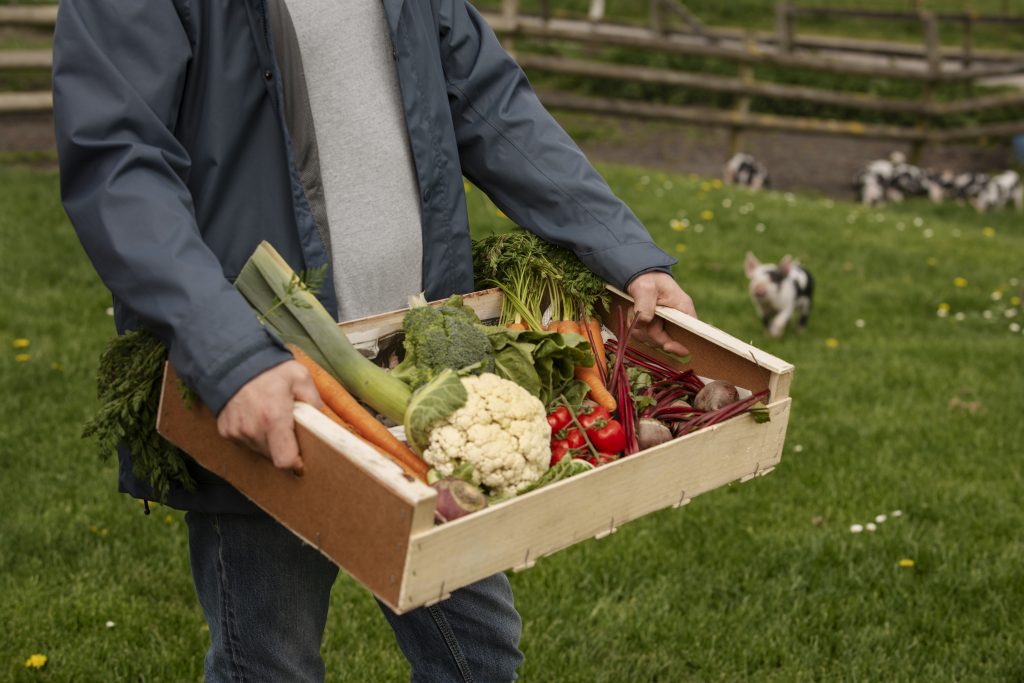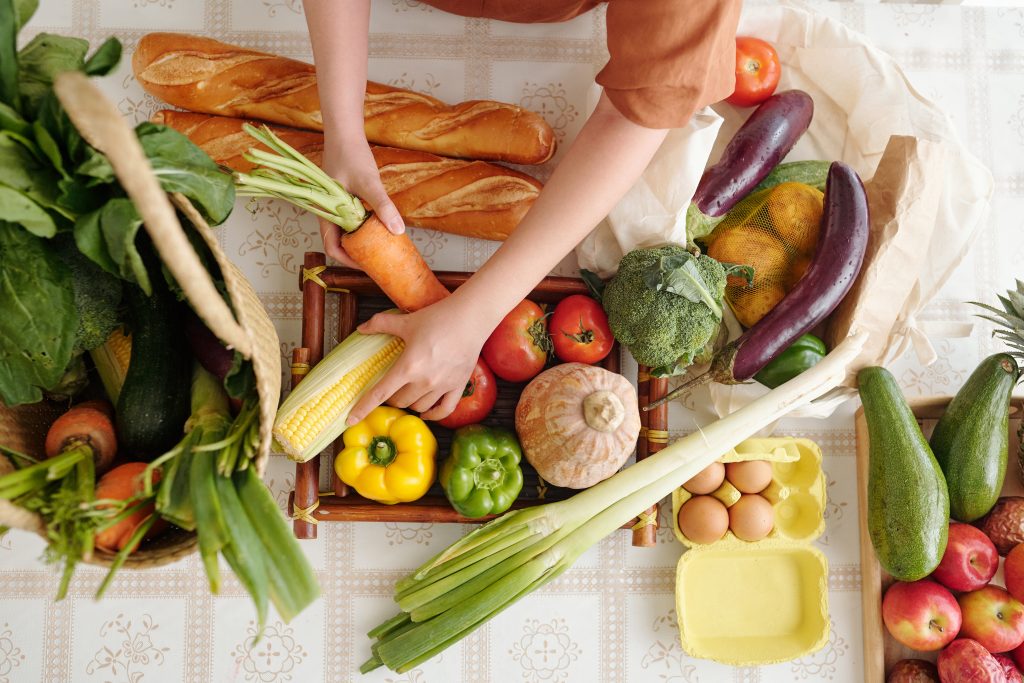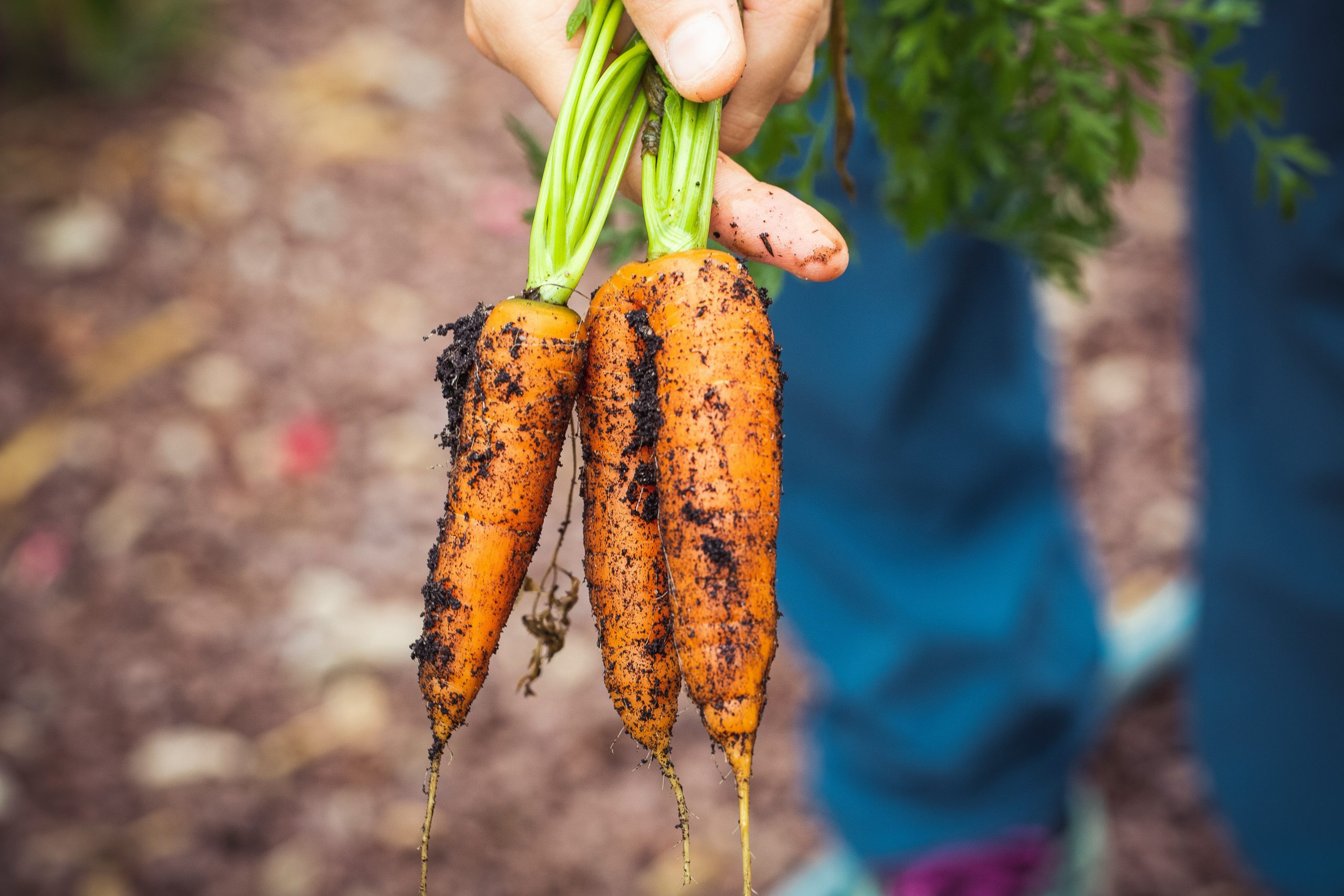EMBRACING SUSTAINABILITY: A gentle reminder to be mindful of what we consume
March, 2024By Chef Fernando Stovell
AS MARCH UNFOLDS, THE WORLD TURNS ITS ATTENTION TO SUSTAINABILITY, A TOPIC OF PARAMOUNT IMPORTANCE IN OUR MODERN ERA.
In this blog post, we explore into the intricate web of ingredient traceability, exploring how it intersects with sustainability efforts worldwide. Join us on this journey as we uncover the significance of traceability in promoting environmental stewardship, ethical sourcing, and the creation of a more transparent supply chain.
I find myself drawn to a foundational inquiry:
“WHAT DO WE TRULY CONTEMPLATE WHEN WE DISCUSS SUSTAINABILITY?”
Are we considering the sustainability of our own well-being, our nourishment, or the industries upon which we depend? Or could it be an amalgamation of these elements, intricately interwoven?
With a deep appreciation for the connection we share with our food, I feel compelled to shine a light on something often overlooked: our genuine appreciation for what we eat. This echoes the simple truth that we tend to value things more when we truly need them. In our fast-paced lives filled with convenience, have we forgotten the true value of the food that sustains us?
In the midst of these thoughts, I suggest a simple approach: MINDFUL CONSUMPTION.
It means taking a moment to step back from the busyness of modern life—emails, social media, and distractions—and really savouring our meals. By pausing to appreciate the flavours, textures, and how food makes us feel, we can develop a deeper connection with what we eat. And through this awareness, we can begin to understand the importance of sustainability.
But mindful consumption is just the beginning. I encourage us to dig deeper into the complexities of sustainability, beyond surface-level discussions. Let’s not forget to explore what’s right beneath our feet—the soil, the water sources, and the ecosystems that support our food production. By working together with experts from various fields, we can gain valuable insights into how our food choices impact our health and the environment.
Questioning everything is key, not just for ourselves but for everyone involved in the food system. Let’s use our collective knowledge to educate and advocate for more sustainable practices. Whether it’s through conversations, social media, or community events, we all have a role to play in building a more sustainable future.

SUSTAINABILITY AND TRACEABILITY ARE TWO PILLARS OF RESPONSIBLE CONSUMPTION AND PRODUCTION
SUSTAINABILITY. Refers to the practice of meeting present needs without compromising the ability of future generations to meet their own needs. It encompasses environmental, social, and economic dimensions, emphasising the importance of balancing these factors for long-term well-being. Traceability, on the other hand, involves tracking the journey of products or ingredients from their origin to the final consumer. It ensures transparency and accountability throughout the supply chain, enabling consumers to make informed choices about the products they purchase.
In today’s interconnected world, ingredients sourced for products often traverse continents before reaching the consumer. This globalisation presents both opportunities and challenges for sustainability and traceability efforts. On one hand, it allows access to diverse ingredients from around the globe, fostering innovation and culinary exploration. On the other hand, it raises concerns about environmental impact, ethical sourcing practices, and the potential for exploitation within supply chains.
TRACEABILITY. Plays a crucial role in promoting sustainability across various industries, including food, companies can ensure compliance with environmental regulations, reduce carbon footprint, and support local communities. For instance, in the food industry, traceability enables farmers to adopt sustainable agricultural practices, such as organic farming and fair trade agreements. Similarly, in the fashion industry, traceability allows brands to verify the ethical sourcing of materials, such as cotton and wool, thereby combatting issues like child labor and deforestation.
Advancements in technology have revolutionised the way we trace ingredients across the globe. Blockchain, for example, offers a decentralised and immutable ledger that records every transaction within a supply chain. By leveraging blockchain technology, companies can create transparent supply chains, providing consumers with real-time access to information about the origins and journey of ingredients. Similarly, DNA barcoding and isotopic analysis enable accurate identification and authentication of ingredients, enhancing traceability and quality control.
As consumers become increasingly conscious of the environmental and ethical implications of their purchasing decisions, they demand greater transparency from brands. By prioritising sustainability and traceability, companies can not only meet consumer expectations but also build trust and loyalty. Through initiatives such as eco-labelling, QR code scanning, and online platforms dedicated to supply chain transparency, consumers can make informed choices that align with their values and preferences.

Key Ingredients to Watch:
PALM OIL:Widely used in food and personal care products, palm oil production is linked to deforestation and habitat destruction in tropical regions.
SEAFOOD:Overfishing and destructive fishing practices threaten marine ecosystems, making sustainable seafood sourcing crucial.
COFFEE:Coffee cultivation impacts biodiversity and livelihoods in coffee-producing regions, highlighting the importance of ethical sourcing practices.
CHOCOLATE:Cocoa production is associated with child labor and deforestation, underscoring the need for sustainable cocoa sourcing.
BEEF:Beef production contributes to deforestation and greenhouse gas emissions, emphasising the importance of responsible sourcing and consumption.
SOY:Soy cultivation drives deforestation in regions like the Amazon, necessitating sustainable sourcing practices.
POULTRY AND EGGS:Intensive poultry farming has environmental and animal welfare implications, highlighting the importance of ethical sourcing.
In the month of March, let us reaffirm our commitment to sustainability and traceability, recognising their intrinsic linkages and collective impact on the health of our planet and society.
By tracing ingredients across the globe, we can foster a more equitable, resilient, and sustainable future for generations to come. As consumers, advocates, and stakeholders, let us march forward together towards a world where every ingredient tells a story of sustainability and responsibility
In the end, sustainability is about more than just protecting the planet — it’s about valuing what we have and making choices that will benefit us now and in the future. So let’s embrace mindful consumption and take small steps towards a healthier, more sustainable world.




